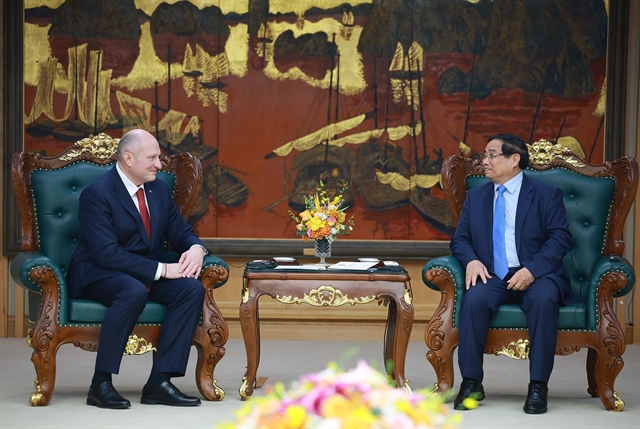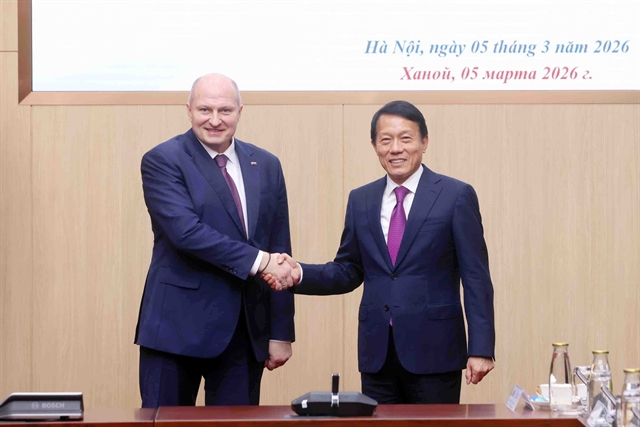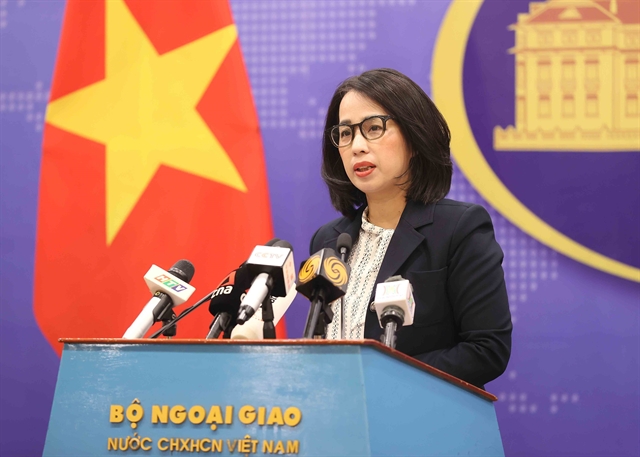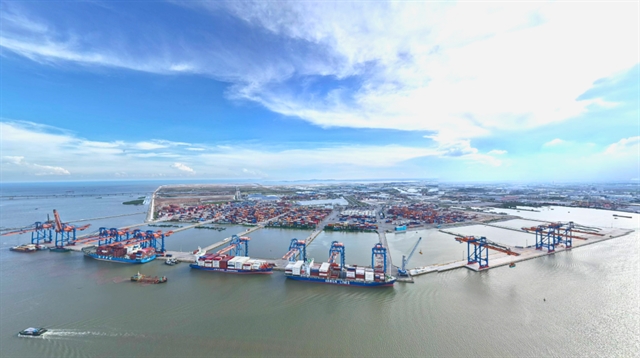 Economy
Economy
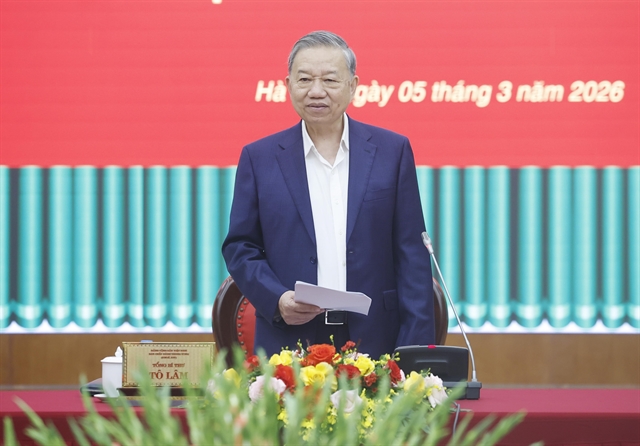
Regional policymakers on Wednesday gathered to discuss key issues on taxation in Asia and called on a closer cooperation in international tax reform on the back of expansion of economic integration and cross-border trade and investment.
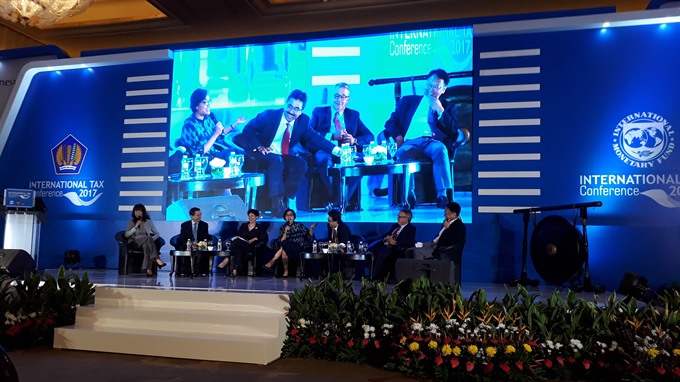 |
| Regional policymakers discussed key issues in international taxation at the Joint IMF-Indonesia High-level Conference in Jakarta on Wednesday. -- VNS Photo Mai Hương |
JAKARTA – Regional policymakers on Wednesday gathered to discuss key issues on taxation in Asia and called for closer co-operation in international tax reform in the context of economic integration and expanding cross-border trade and investment.
Global economic landscape, domestic tax reforms, international tax co-operation and an automatic information exchange system were discussed at the two-day high-level conference on “International Taxation in Asia: Issues and The Way Forward.”
The conference was held by the International Monetary Fund (IMF) and Indonesia.
The IMF had forecast stronger growth in the next two years for the world economy, estimating it at 3.5 per cent this year and 3.6 per cent in 2018, up from 3.1 per cent in 2016, according to the World Economic Outlook report released in April.
Asia, which has been the most important growth engine for several years, will continue to play the role with an estimated 5.5 per cent growth in 2017.
Asia faces significant challenges, however, which, in the short run, arise from uncertainty about the direction of economic policies in some advanced economies, especially the risk of inward-looking policies that could affect regions like Southeast Asia that have benefited from global economic integration, the meeting heard.
Renewed market volatility resulting from the changing monetary policies and unexpected turns in China’s economic rebalancing could add more tension in the Asian region.
Low tax-to-GDP ratio
“These challenges all will cost money – and that points to the central importance of domestic revenune mobilisation,” IMF deputy managing director Mitsuhiro Furusawa said at the conference.
Furusawa said increased revenue and public spending are essential catalysts for growth and States need to raise revenues to ensure the macroeconomic stability.
Compared to other regions in the world, tax revenues are relatively low in Asia.
On average, most Asian countries consistently fall below the ratio of 15 per cent – the threshold the IMF suggests is the minimum tax-to-GDP ratio needed to ensure a significant acceleration of growth and development.
In the context of changing global tax landscape, tax issues like corporate tax competition, cross-border, legal tax avoidance and illegal tax evasion have gained prominence.
Sluggish global growth of recent years and intense competition for foreign direct investment has intensified these trends.
“We are living through what often looks like a race to the bottom in which countries compete—to the advantage only of investors,” Furusawa said, adding that a lack of coordination among governments has intensified this trend.
Taxation loopholes
The expansion of economic integration and cross-border investment has resulted in some “unwanted side effects”, including aggressive tax planning by multinational companies which involves competition among nations using tax exemtpions and incentives.
“Gaps in domestic tax systems have created opportunities for enterprises to exploit loopholes,” Indonesia’s Finance Minister Mulyani Indrawati said at the conference.
An increasing number of companies in the digital space has allowed them to manipulate the loopholes, she added.
This not only affected tax revenues, but also injured and damaged “the sense of justice,” she said.
Indonesia’s tax-to-GDP ratio stands at 10.3 per cent which Indrawati said was “hard to swallow” and “unacceptable”. She said she was committed to lifting this ratio to 16 per cent by 2019.
She called on other nations to upgrade old rules and develop new ones to tackle international tax challenges and suggested an automatic exchange of information for tax purposes.
Agreeing with her, Malaysia’s Minister of Finance of Malaysia Datuk Johari bin Abdul Ghani said current policy settings were not responsive enough to address new emerging business activities, especially in the digital economy.
New initiatives have been undertaken in response to this concern. Among them are the adoption of automatic exchange of tax information as the international standard and the G20-OECD Base Erosion and Profit Shifting Initiative (BEPS).
However, Furusawa warned that while BEPS was important, it does not address all international tax issues – especially some that are most relevant for developing countries such as the indirect transfer of assets.
He called on governments to work on a regioinal basis to increase co-operation, saying this would facilitate and reinforce domestic actions to protect tax bases and reduce spillovers from competition. – VNS

